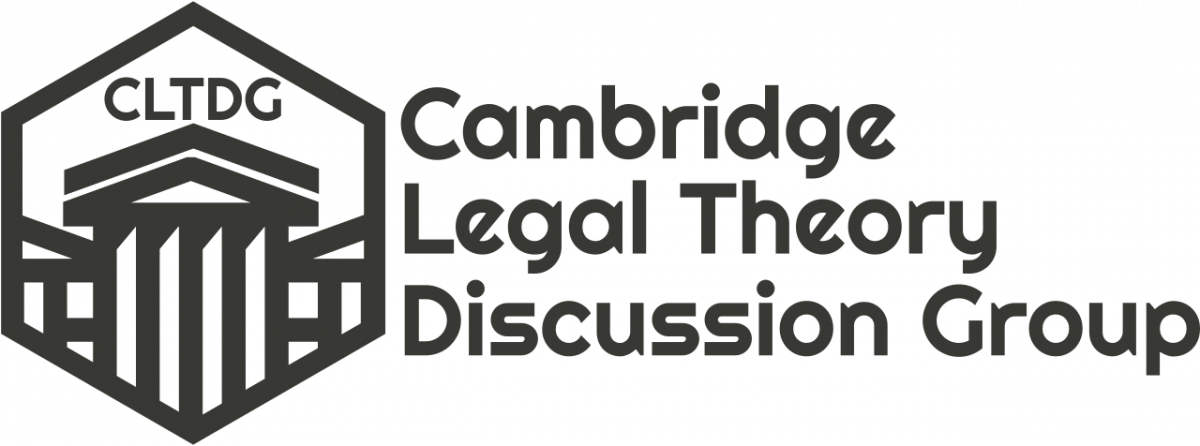 You are warmly invited to attend the first session of the Cambridge Legal Theory Discussion Group for the term, to be held this Thursday, 5th of May at 11.30am in an online format.
You are warmly invited to attend the first session of the Cambridge Legal Theory Discussion Group for the term, to be held this Thursday, 5th of May at 11.30am in an online format.
Shai Agmon (Oxford) will be presenting his paper "Two Concepts of Competition" for discussion. You can find below the abstract of the paper, the link to the Zoom meeting and the link to the paper.
Everyone is welcome to attend!
CLTDG Convenors
The Zoom link: https://bit.ly/cltdgeaster1
The Paper: https://bit.ly/agmonpaper
Paper Abstract: Competition is a key ingredient in the design of political institutions in modern liberal democracies. Democratic elections, the free press, the adversarial legal system, and the market are all examples of political institutions that are supposed to generate desirable social outcomes by utilising some kind of competition (e.g., political, legal, economic).
In this paper I argue that within this long list of competition-based institutions, one can discern two distinct senses in which competition is used as an institutional mechanism. The first, parallel competition, aims to create separate, independent pathways for each competitor wherein she is supposed to do her best to win. The social benefit from this competition is supposed to emerge as a result of the aggregative effect created by the efforts of each competitor. The second, friction competition, is designed to facilitate a clash between competitors, which in turn is supposed to generate a desirable social outcome.
This distinction is important for two reasons. First, for its analytical advantages: it allows us to clarify the difference between competitions in different institutions (e.g., legal competition vs economic competition), and between different perceptions of competition within the same institutions (e.g., different kinds of democratic competition). Second, due to its normative implications. The design of each type of competition leads to different normative requirements concerning the level of equality between competitors and the amount of (negative) freedom the competitors can enjoy. Subsequently, using an undifferentiated concept of competition, thereby applying the wrong concept in a certain context, could undercut the proper functioning of the institutional design.
You can follow us on Twitter: https://bit.ly/cambridgeltdg or check out our web-page: https://bit.ly/cltdgweb
Subscribe to our mailing-list for getting regular updates and session materials: https://bit.ly/cltdgmaillist

 Facebook
Facebook  X/Twitter
X/Twitter  Instagram
Instagram  YouTube
YouTube  Flickr
Flickr  LinkedIn
LinkedIn